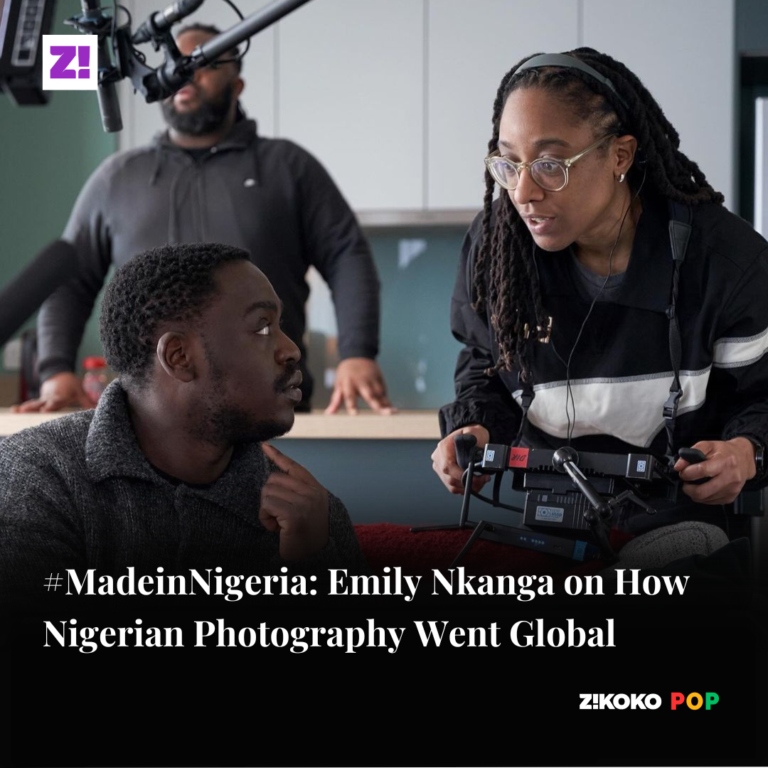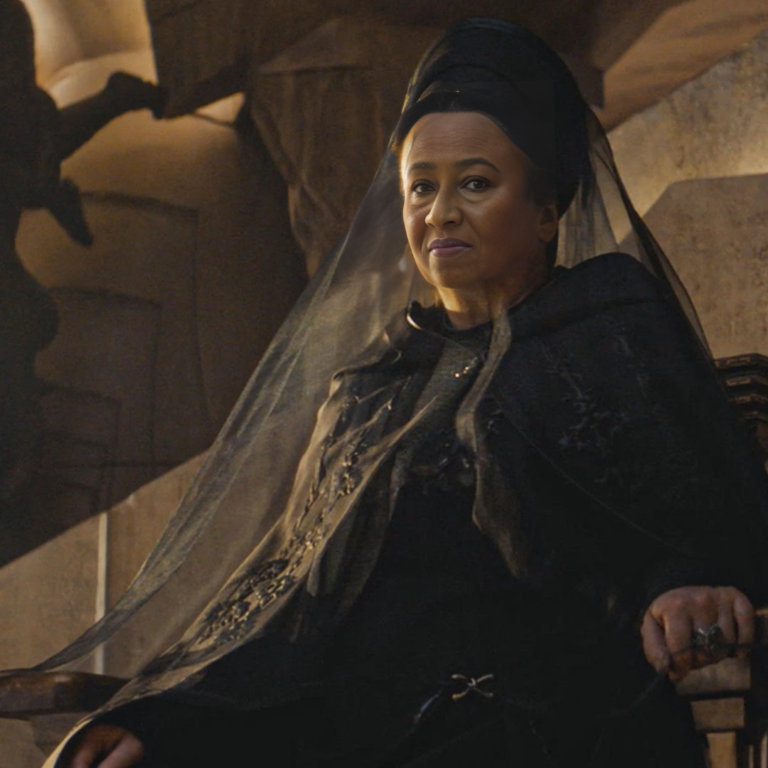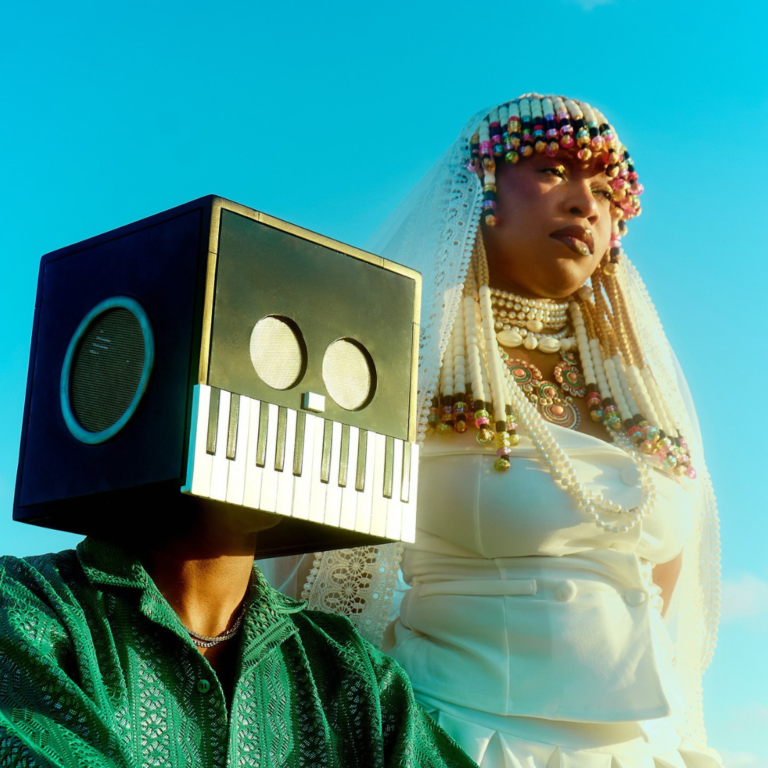When Arese Ugwu published her book, The Smart Money Woman, in 2016, there was next to nothing of its kind in the country: a chick-lit book about otherwise highly privileged women whose penchant for bad decisions and especially bad taste in men seems always to want to undo them.
It didn’t pretend women in middle management lunched without checking their bank alerts. Zuri, the protagonist, is presented bare and unabashed—her salary, family dysfunction, and keeping-up-with-the-Jones lifestyle, made public. It was revolutionary, particularly for how it spoke about money and offered advice about growing money.
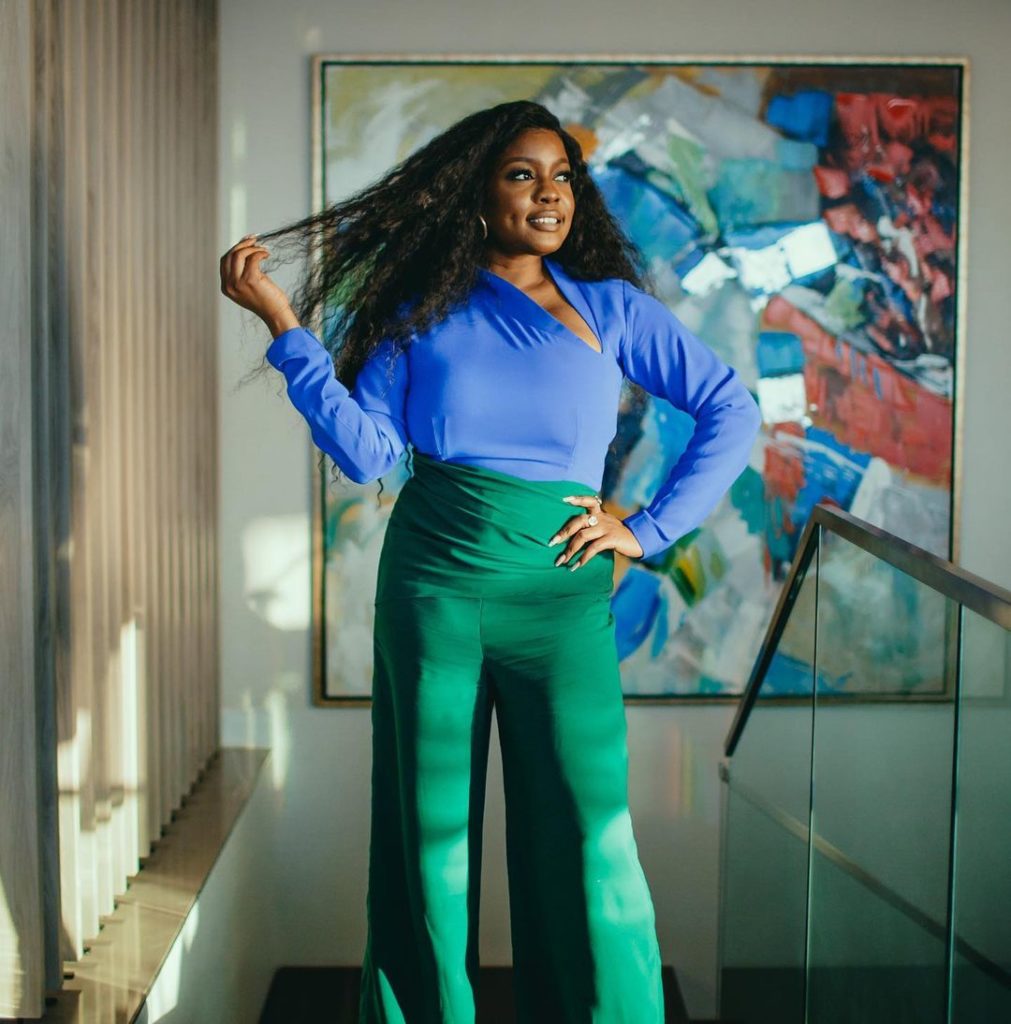
Since then, she has hosted a financial literacy show, The Bridge, published the follow-up book, The Smart Money Tribe, launched a podcast, The Smart Money Tribe Podcast, made a TV series The Smart Money Woman, that first aired on Africa Magic and later Netflix. There have been Smart Money events, Smart Money workshops, Smart Money TikTok videos, and Smart Money…something, something, something.
“What I realise is that my own superpower is—not that I’m the smartest person when it comes to money in the world—I know how to break down the financial jargon in a way that everybody can understand,” she told Zikoko. “I feel like women are more confident now when talking to their investment advisors to say, ‘I need that.’ They’re not intimidated by the terms.”
The second season of the series, which follows the women on their journey to financial freedom and men across three cities—Lagos, Johannesburg, and Cape Town—is now streaming on YouTube. Arese said she decided to share it on YouTube after failing to reach a fair exclusive deal with any international streamers.
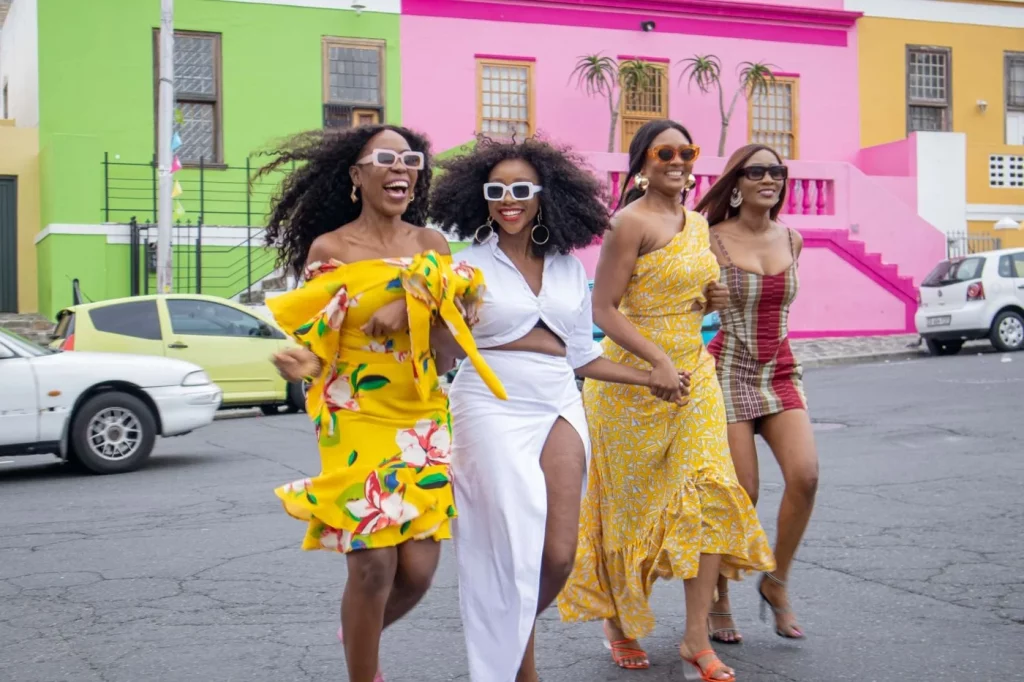
“I just thought if what I wanted wasn’t going to work out I needed the content to be seen by a bigger audience. It’s a big risk because we spent a lot of money producing it. It’s a very scary pivot,” she said.
“But I think it might be the right decision because YouTube has democratised access in this economy. People don’t have a lot of money for subscription fees. [YouTube is] a platform that is free and reaches millions of people across the world. I want to take my chances with that.”
Already it’s paying off. The two episodes that have dropped have already raked in more than 500k views on the platform. But there is a huge financial question that she has to answer. When the second season went into production in 2022, a dollar was ₦500. When it was launched in October, the dollar had risen to over ₦1,700. How much AdSense will YouTube pay for her to recoup the money spent making the show and turn in some profit too?
“I’m not going to lie and say that I’ve figured out all the economics,” she said. “Right now, I’m more focused on the value that we’ve created and that the audience loves it deeply and over time, that community becomes more valuable. It’s a long-term play. I may or may not make all my money back, but at least, it’s out there in the world.”
Even though the Smart Money franchise has presented fresh perspectives on women’s finances, the realities of the smart money women—Zuri (Osas Ighodaro), Lara (Toni Tones), Adesuwa (Lala Akindoju) and Tami (Ini Dima-Okojie)—vacay-ing in Andrea Iyamah are shapely different from the majority of Nigerian women fighting for dear life in the thick of inflation. Are we ever going to see a smart money working-class woman?
“We have so many stories about less privileged Nigerians, and I personally wanted to take a different approach because I feel like Africa, Nigeria especially, is very complex,” Arese said. “Different people are experiencing different things, and I really wanted the world to see us not just in that traditional poverty way but to know that there are also women who are struggling but, who are, maybe more sophisticated. We talk a lot about rags to riches, but we don’t talk much about living paycheck to paycheck in the middle class.”
In this new season, the ladies are trying to buy real estate together. Arese hopes that with it people see “the power that women can have when they collaborate to compete.”
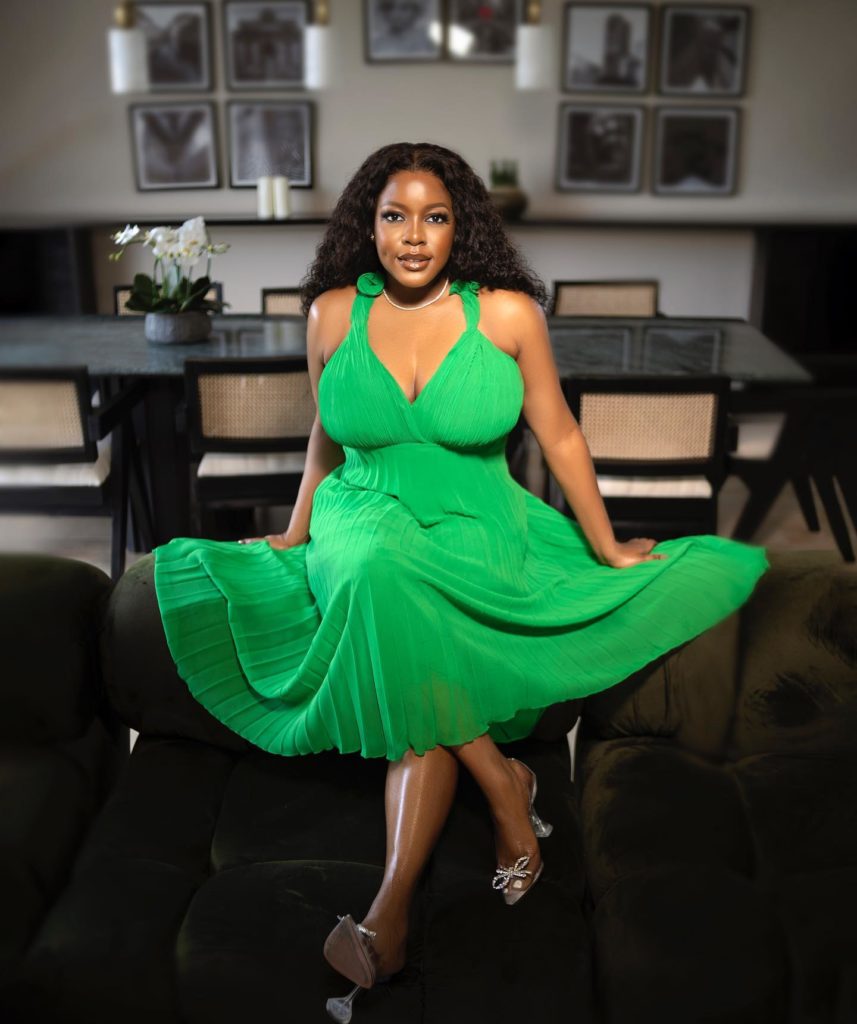
“You basically watch the girls go through different income struggles, different obstacles they are facing personally, preventing them from reaching this goal. I want women to go away with a sense of friendship.”

